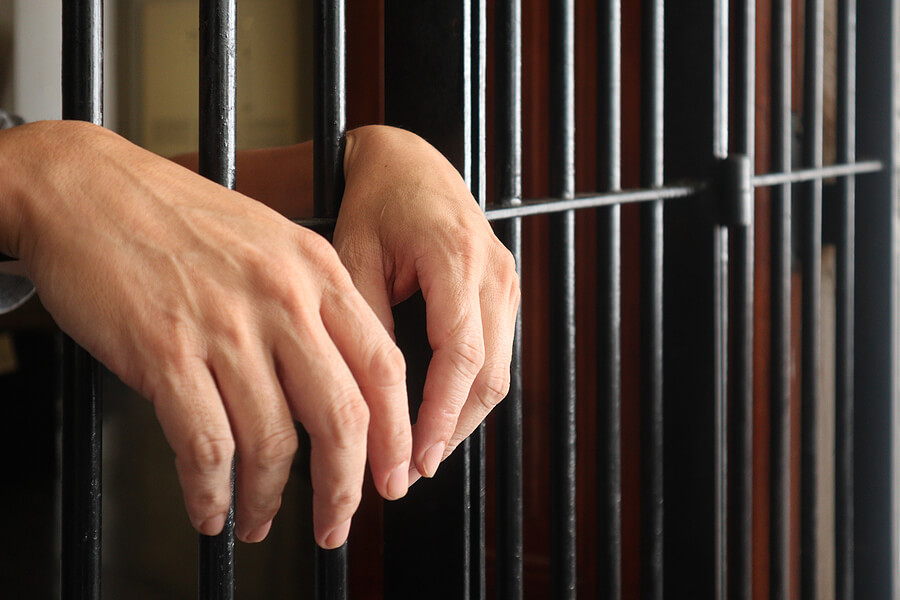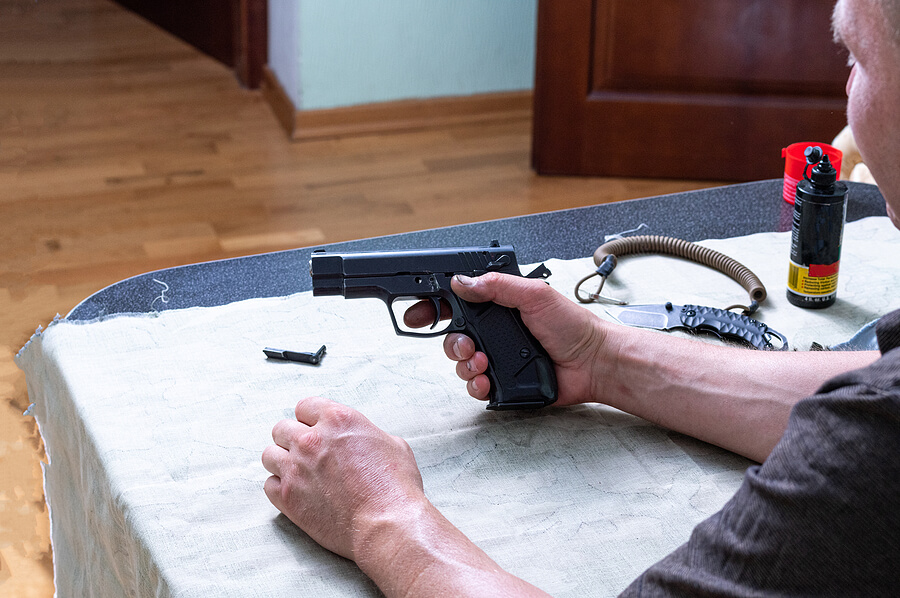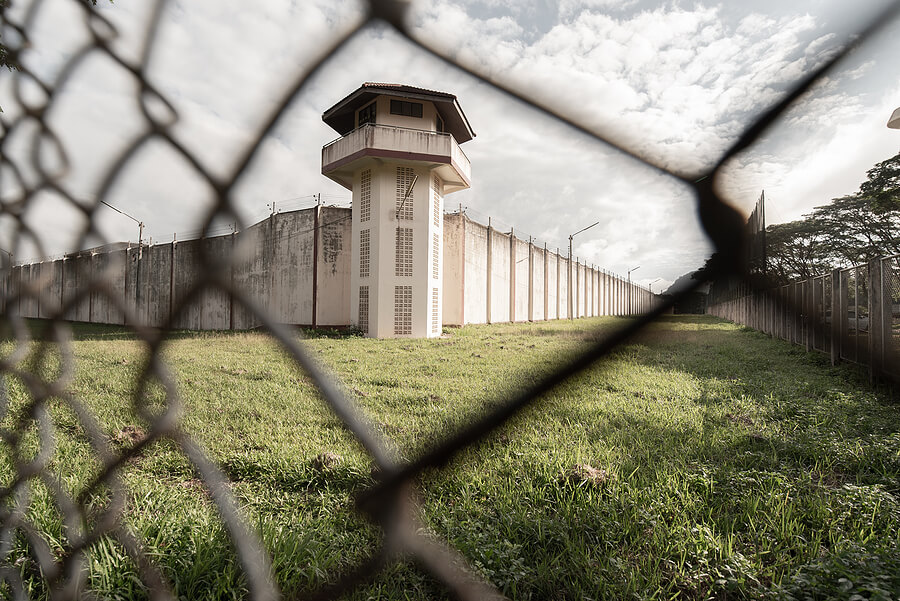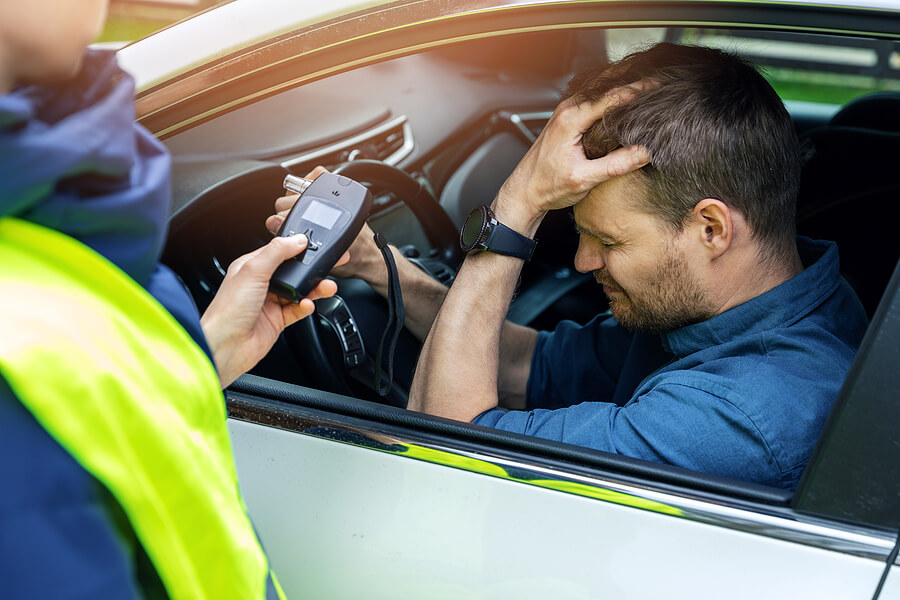During interactions with police officers, most advice involves complying with the officer’s requests. You are required to give your name and provide your identification to the officer. However, you aren’t required to answer any more questions, no matter what the officer says. Raise your hands, speak politely, and don’t do anything that would make an officer believe they are in any type of danger. Request an attorney’s presence to answer any additional questions.
Even with polite interactions, things don’t always turn out the way we hope. You may not have said “no” to a police officer, but you’re being charged with something called “resisting arrest.”
So the question we have to answer is: did you resist an arrest?
North Carolina Law
North Carolina General Statutes, Article 30, Section § 14-223 states that:
 “If any person shall willfully and unlawfully resist, delay or obstruct a public officer in discharging or attempting to discharge a duty of his office, he shall be guilty of a Class 2 misdemeanor.”
“If any person shall willfully and unlawfully resist, delay or obstruct a public officer in discharging or attempting to discharge a duty of his office, he shall be guilty of a Class 2 misdemeanor.”
Whether you resist arrest or interfere with an officer who is arresting someone else, you can be charged. In fact, anytime someone interferes with a police officer during their normal course of duty, a person can be charged with “resisting arrest.” Police have a wide berth with this charge, and they are given a certain amount of leeway when arresting someone.
How You “Resist Arrest”
This charge isn’t only about running from or fighting a police officer. Actions such as:
- Directly questioning the officer
- Giving a false name and address to an officer, or other incorrect information
- Declining a ticket when the officer hands it to you
- Using rude and insulting language
- Inhibiting an officer from carrying out their job-related duties
- Physically moving away from the officer when approached, even in a non-threatening manner
may result in a charge of resisting arrest. If you are arrested for something different, resisting arrest can be added on if you actually do, whether or not you’re innocent of the other charge.
Defending Yourself Against Resisting Arrest
Should you find yourself the target of resisting arrest, there are defenses that you and your attorney can use, including:
- False accusations, such as arresting you for something you are innocent of, just because the officer believed it
- Unlawful arrest, with an arrest under a false accusation, or the officer otherwise exceeds his or her authority
- Defending yourself from excessive force, when an officer oversteps his or her ability to use some force in the course of an arrest
Work with an experienced criminal defense attorney before going to court to ensure you have the best defense.
State v. Humphreys
In this case, a mother arrived to observe her daughter’s car while a police officer searched after an alert by a police drug-sniffing dog. During the search, the police officer told the woman where to stand while she observed, and not to interfere. She informed the officer, “I’m not breaking no law.” She also used foul language during the encounter but did not interfere with the search, with students going to class, or with the school in general. She told passing students that they were about to witness “an unarmed black woman get shot.” Eventually, the woman was charged with disorderly conduct and resisting arrest.
At trial, the defendant requested that the charges be dropped for lack of evidence, but was denied by the court. She appealed, and the Court of Appeals eventually found that questioning the officer was not enough to constitute interference. She believed that she had the right to observe the officer’s actions, and contesting the search that she believed to be unlawful. The Court found that there was no substantial evidence to the officer’s claim of resisting, delaying, or obstructing the officer’s duty.
Contact Raleigh’s Criminal Defense Attorney For Resisting Arrest
Dewey P. Brinkley is an experienced criminal defense attorney in Raleigh, NC. Before working as a defense attorney, he was a Wake County Assistant District Attorney. He understands the criminal justice system and can handle resisting arrest as well as other criminal charges.
Call the law offices of Dewey P. Brinkley today for a free initial consultation to discuss your criminal defense case at (919) 832-0307 or use our online contact form.

 North Carolina has strict penalties for those arrested for underage drinking, including:
North Carolina has strict penalties for those arrested for underage drinking, including: With the intent to kill, in which serious injury is inflicted, a Class C felony
With the intent to kill, in which serious injury is inflicted, a Class C felony In North Carolina, DWI manslaughter is an action resulting in the death of someone that wouldn’t be classified as murder. There are three types of manslaughter:
In North Carolina, DWI manslaughter is an action resulting in the death of someone that wouldn’t be classified as murder. There are three types of manslaughter: Anyone wishing to request an expungement must do so by filing a petition since it is not automatic. The new law allows for the expunction (also called “expungement”) for:
Anyone wishing to request an expungement must do so by filing a petition since it is not automatic. The new law allows for the expunction (also called “expungement”) for: These misdemeanor categories are:
These misdemeanor categories are: Also called trial lawyers, these attorneys defend people and companies who have been sued. In some cases, there is money involved. Lawyers who deal with civil litigation cover many fields of civil law, including:
Also called trial lawyers, these attorneys defend people and companies who have been sued. In some cases, there is money involved. Lawyers who deal with civil litigation cover many fields of civil law, including: Most protestors are arrested for minor infractions such as failure to disperse or resisting a public officer. That was the case in Charlotte when over 100 people were arrested after protests.
Most protestors are arrested for minor infractions such as failure to disperse or resisting a public officer. That was the case in Charlotte when over 100 people were arrested after protests.  Criminal charges are either a misdemeanor or a felony, depending on the intent. If someone just breaks into a home, it’s usually a misdemeanor.
Criminal charges are either a misdemeanor or a felony, depending on the intent. If someone just breaks into a home, it’s usually a misdemeanor. The usual Schedule 1 drugs are covered here:
The usual Schedule 1 drugs are covered here: